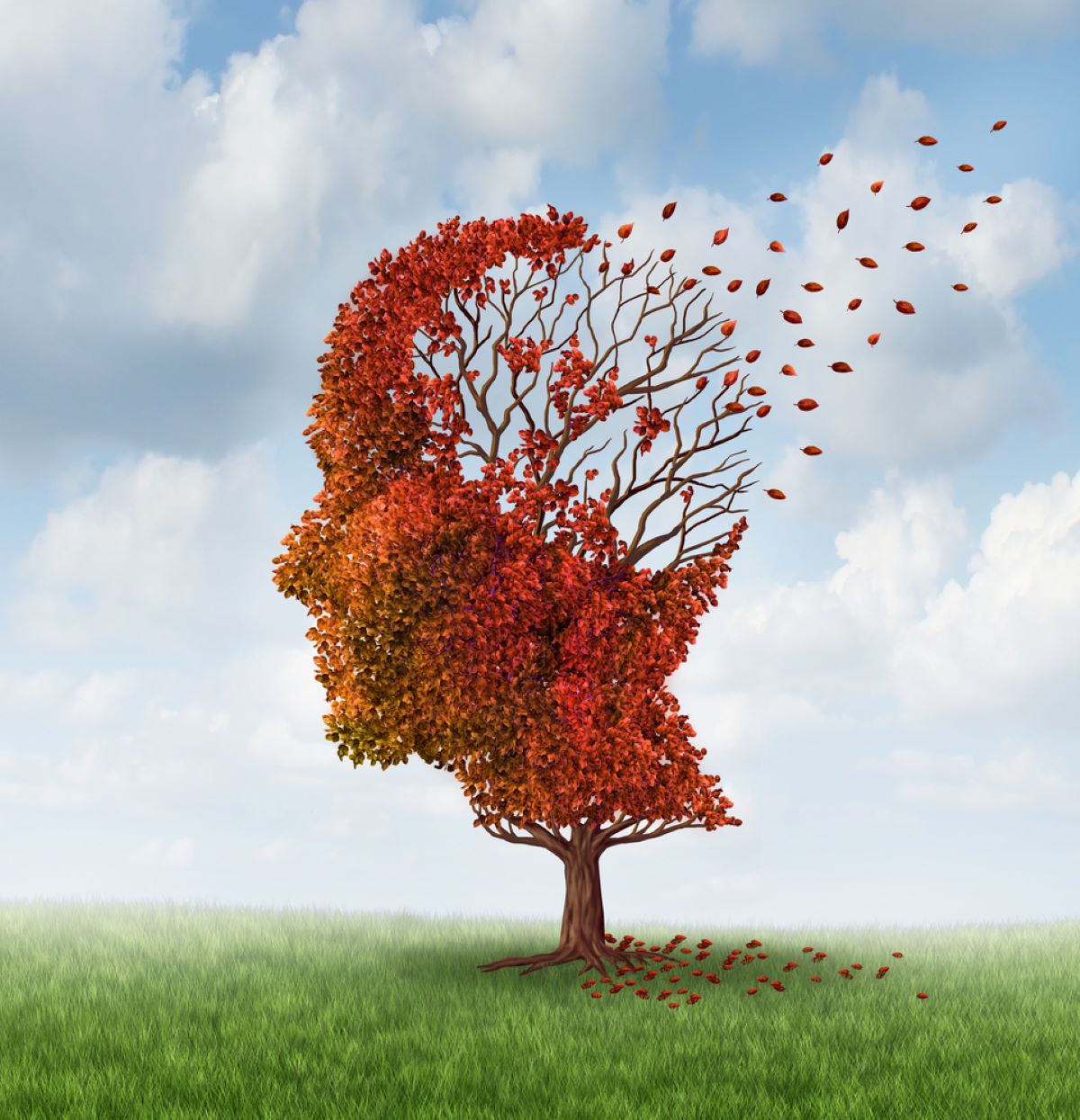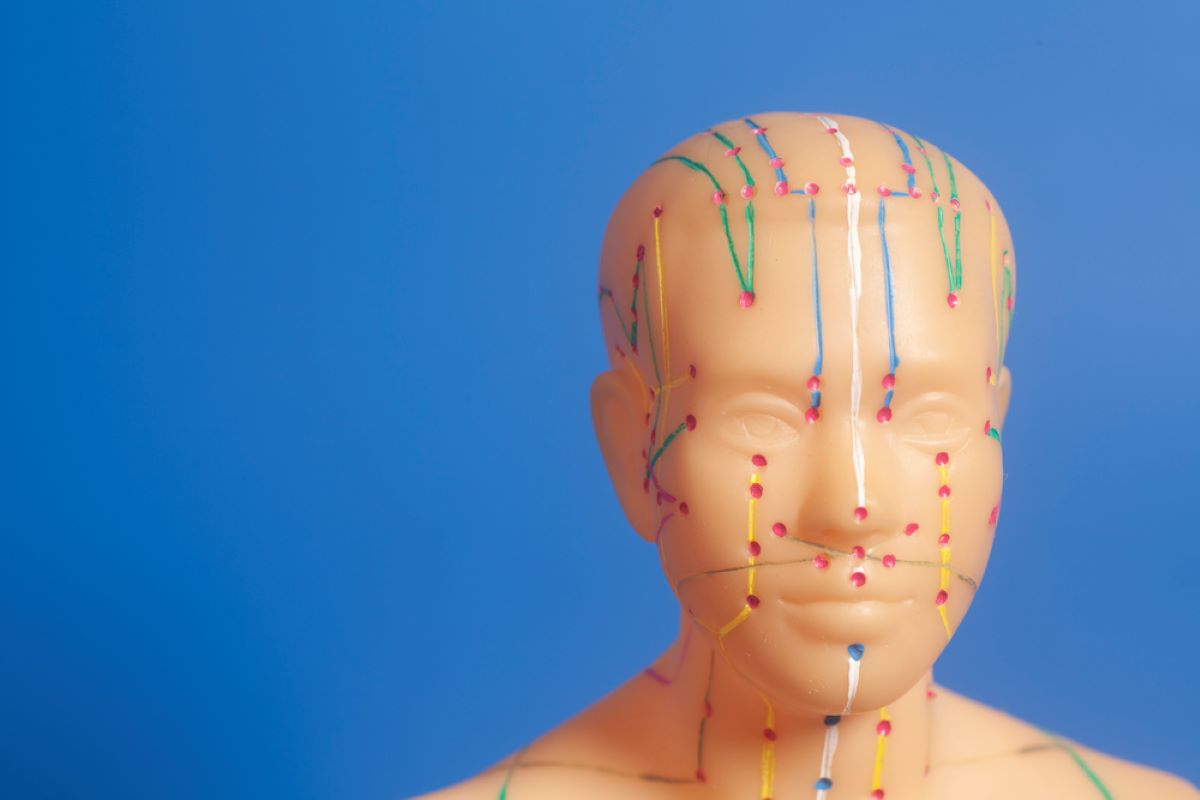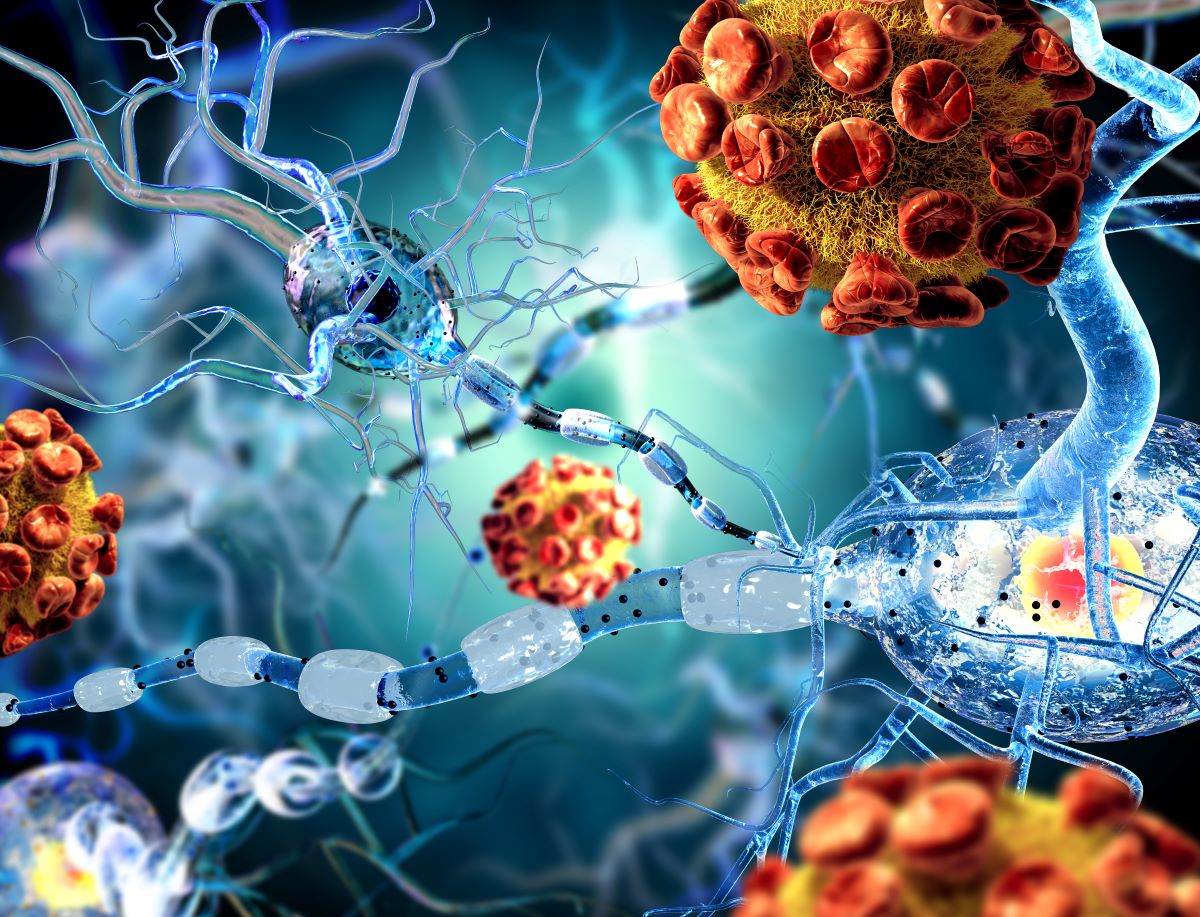Alzheimer’s Disease
Cognitive decline (a.k.a., cognitive impairment) can be described as the gradual deterioration of mental faculties due to psychological or neurological disturbances such as depression, dementia, or Alzheimer’s disease (AD). Substance abuse can also lead to cognitive decline.
Cognitive decline can range from Subjective Cognitive Decline (SCD) to dementia and “complete” decline which can eventually result in death. AD is the most common form of dementia.
The Centers for Disease Control and Prevention (CDCP) estimates that one in nine people over the age of 45 suffer from SCD and one in twelve people over the age of 65 have AD. In 2019, AD was the sixth leading cause of death and the most widespread cognitive decline illnesses. Over 6.5 million Americans are living with AD and that number is projected to be nearly 13 million by the year 2050 (Alzheimer’s Association, https://www.alz.org/).

Loss of mental function due to mental deterioration and loss of memory is a significant problem for the nation’s elderly. Not only for the affected person, but also for family members who feel totally helpless in the face of their loved one’s deterioration and inability to function independently.
Cognition is a combination of processes in the brain that include the ability to learn, remember, and make judgements. Cognitive skills play a crucial role in our daily lives and can affect a wide variety of activities including memory, problem-solving, orientation (e.g., knowing where you are and how to get somewhere), motor skills, speech, mood and behavior. Impaired cognition can have a profound impact on overall health and well-being.
SCD is the self-reported experience of worsening or more frequent confusion or memory loss. It is one of the earliest noticeable symptoms of AD and related dementias. SCD is typically not detectable via lab tests and does not keep an individual from performing any of their usual or most complex activities. As the condition progresses, it moves to a stage termed Mild Cognitive Impairment (MCI), where there is a subtle but measurable memory disorder. Cognitive abilities such as language, memory, reasoning, judgement, or perception may be affected. MCI is characterized by ongoing memory problems, but not by attention problems. MCI is not seen in normal aging individuals and is due to one or more cognitive disorders. The final stage, Severe Cognitive Impairment (SCI) or dementia, is a state where there is a severe deterioration or loss in intellectual functions of sufficient severity to interfere with a person’s activities of daily living.
Major pharmaceutical companies have been working for either a cure or the development of medicines that can lessen the symptoms of AD, or better yet, prevent it. To date these efforts have had little success.
“Gut health” or the composition of the microbiota (combination of bacteria) residing in the intestines is an important contributor to overall health. The microbiota is instrumental in determining which nutrients the body can absorb/use.

Poor microbiota composition can lead to local and systemic immune-mediated inflammation, which in turn leads to neurodegeneration and other conditions caused by vitamin and essential micro nutrient deficiencies. In fact, studies have shown the link between the alteration of gut microbiota composition and proliferation of pro-inflammatory T helper 1 (Th1) cells, which, once infiltrated in the brain, are associated with the M1 microglia activation, contributing to AD-associated neuroinflammation.
GV-971, a sodium derived from seaweed has been proven to suppress gut dysbiosis and the associated neuroinflammation and was shown to produce solid and consistent cognition improvement in a phase 3 clinical trial in China.
Acupuncture protocols have shown great success. In fact, it has been shown that specific scalp acupuncture points induce an increase in dopamine levels and stimulates brain activation.
The neurobiological mechanisms of scalp acupuncture therapy is based on the functional localization of the cerebral cortex. The famous ‘Xing Nao Kai Qiao’ protocol has been proven to be very effective in the treatment of post-stroke and dementia cognitive impairment.

In their data mining analysis, Feng et al. uncover the biological mechanism of scalp acupuncture: both CREB (cAMP response element-binding protein) and BDNF (brain-derived neurotrophic factor) are upregulated by scalp acupuncture, which also increases choline acetyltransferase (ChAT) and restores the expression of choline transporter 1 (CHT1) and vesicular acetylcholine transporter (VAChT). This indicates that acupuncture treats cognition and memory disorders, at least in part, by regulating brain cholinergic functioning.

Functional Magnetic Resonance Imaging (fMRI) studies have shown that – in resting state – several frontal and temporal regions show decreased hippocampal connectivity in AD patients relative to healthy control subjects. However, during the resting state following acupuncture at Tai Chong and He Gu (the Four Gates), AD patients have increased connectivity in most of these hippocampus related regions, compared to the first resting state.
These studies thus confirmed that appropriately performed acupuncture can enhance the hippocampal connectivity in AD patients.
Meanwhile in the United States, DE Bredesen has developed a functional medicine approach to treat cognitive decline. The goal of this treatment is to halt and reverse the cognitive decline as much as possible. The program is built around the observation that much of the underlying pathogenesis of neurological degeneration involved in AD, especially in the earlier stages, is based on metabolic causes.
The program involves multiple modalities designed to achieve metabolic enhancement for neurodegeneration (MEND). As such, it is personalized for the individual based on a series of factors including patient presentation, living/working environment, and genetics. This program recognizes that there are several potential contributors to AD and that one or more of them can be present in any particular case. The program can be run either by itself or in conjunction with a physician ordered drug-based program.

A series of lab tests are taken to establish the patient’s baseline, after which a diet, exercise (physical and mental exercise), vitamin, and sleep regimen is developed. In his 2014 paper, DE Bredesen reported improvement among 90% of the patients in his study.

The Bredesen approach recognizes that there are certain genes (e.g.s, ApoE ε4, MTHFR) that may make an individual more susceptible to AD than others, but that having those genes does not make AD inevitable. Similarly, people without those genes can develop AD due to lifestyle choices or living or working environments. For example, consuming inflammatory foods or living in a home with toxic mold or lack of exercise or poor sleep habits can over time cause an individual to develop AD.
The important take-away here is that diet, exercise, sleep, environment and genetic disposition all factor into an individual’s AD susceptibility as well as overall health.
Studies are currently being conducted to assess the benefit of Near Infrared Light Therapy (NIR, a.k.a. Photobiomodulation) for AD and dementia patients.
Low-power transcranial near-infrared (tNIR) light can efficiently penetrate skin and skull to reach the brain parenchyma. Recent biomedical reports indicate that tNIR light can be beneficial to various acute and chronic brain conditions and can also help maintain a healthy brain state. Studies have shown that tNIR can stimulate mitochondria and increase production of adenosine triphosphate (ATP), as well as increase oxygenation, exert an anti-inflammatory function, and improve regional circulation and nutritional supplementation to the brain.

We are certified in and apply the Bredesen Protocol, to which we add the Traditional Chinese Medicine (TCM) procedures with the benefits of Precision and Functional Medicine, nutritional practices and NIR therapy to give the best possible outcome in AD. Note that other conditions that have similar pathogeneses (e.g., Parkinson’s disease) can benefit from this treatment.
Contact us for more information or book an appointment to set up your initial consultation.
